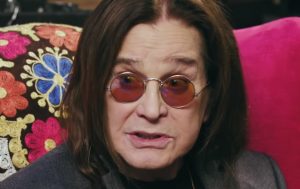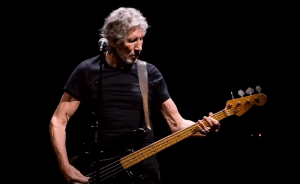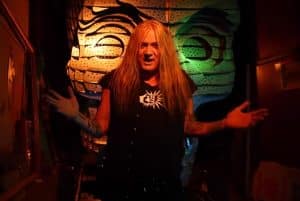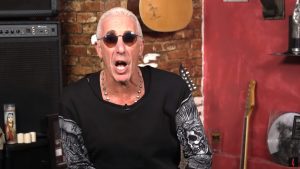The Worst Moment In The Beatles Recording Of The White Album
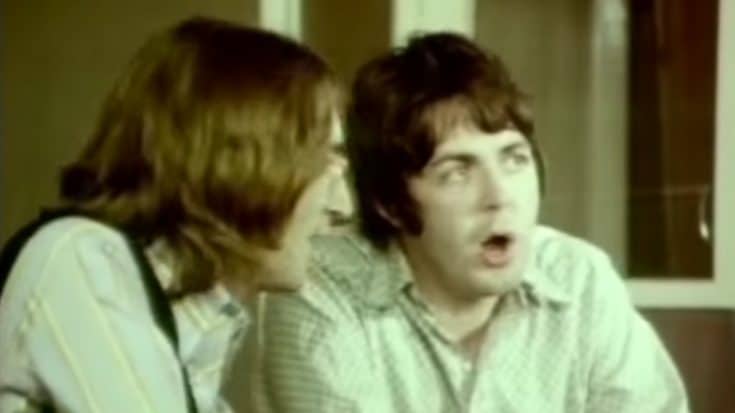
via @disloque1 / YouTube
John Lennon and Paul McCartney formed an invincible songwriting team, responsible for approximately 180 songs credited to their names during their time as The Beatles. Among these compositions were numerous chart-toppers.
While their enduring creative alliance is celebrated as one of the most financially successful and critically praised in the history of music, it was not without its challenges.
When the Fab Four went on to record the fabled The White Album in 1968, they were already experiencing significant personal and professional rifts within the band. This project, the ninth in their formidable array of albums and their sole double LP, nearly prematurely ended The Beatles.
During the recording of the track “Ob-La-Di, Ob-La-Da” – both universally loved and hated by fans and critics – Lennon was so pissed at the song that he “went ballistic… ranting and raving, he headed out the door”.
Paul’s ‘granny music shit’
Abbey Road studio engineer Geoff Emerick detailed some of his experiences recording with The Beatles, and he remembered the turbulent days of White Album clearly.
The temperamental Lennon did not mince his words regarding Paul’s “granny music shit”, and “openly and vocally detested” the ska-inspired “Ob-La-Di, Ob-La-Da”.
“John went ballistic. Ranting and raving, he headed out the door, with Yoko trailing closely behind, and we thought that we’d seen the last of him that evening,” Emerick wrote in his 2006 memoir Here, There and Everywhere: My Life Recording the Music of the Beatles.
Lennon’s irritation came from his bandmate’s perfectionism during recording, something he also openly displayed during the recording of “Revolution”. Recording both this Lennon track and McCartney’s “Ob-La-Di, Ob-La-Da” in one week made for one stressful memory for Emerick.
30 May 1968. The Beatles began recording the double “White Album” at EMI’s Abbey Road studios. It was released in November, with a white sleeve with the band’s name embossed on it, with photos and text inside. It was intended as a contrast to the cover artwork of Sgt. Pepper. pic.twitter.com/XhVOYke6hz
— Prof. Frank McDonough (@FXMC1957) May 30, 2022
Lennon ‘forcefully’ ending the recording
After John walked out, Paul, George Harrison, and Ringo Starr didn’t stop recording. The volatile atmosphere is enough for band members to channel some needed intense emotions into their music.
In Peter Doggett’s book The Art and Music of John Lennon, McCartney remembered that the sessions were a pivotal moment for them. He said, “There was a lot of friction during that album. We were just about to break up, and that was tense in itself.”
A stoned Lennon returned to the studio and immediately sat by the piano, pounding the keys and playing the opening chords of the song with increased volume and speed compared to his previous attempts.
“‘And this,’ Lennon added with a snarl, ‘is how the f*cking song should go.’ Unsteadily, he lurched down the stairs and over to the piano and began smashing the keys with all his might, pounding out the famous opening chords that became the song’s introduction, played at breakneck tempo,” Emerick revealed.
John Lennon “The White Album” recording sessions, 1968
📷 Linda McCartney #TheBeatles via @SgtPepper1710 pic.twitter.com/wgA7qZhAqd— Beatles Archive (@BeatlesArchive2) October 22, 2020
A musical kaleidoscope
The White Album generated enormous anticipation as The Beatles’ first complete compilation of fresh songs since the release of Sgt. Pepper’s Lonely Hearts Club Band in June 1967. It swiftly ascended to the number-one spot on both the UK and US album charts.
While most reviews were favorable, a few critics found themselves puzzled or perturbed by the wide-ranging diversity of the songs. However, in the years that followed, it came to be recognized as one of the most influential albums in the history of music.
On the other hand, “Ob-La-Di, Ob-La-Da”, although praised by several critics, is often the subject of ridicule. It also didn’t help that the Beatles did not issue it as a single right away (a single was belatedly issued eight years later).
This decision prompted numerous cover renditions by other artists attempting to achieve chart success with the song. Among these, Marmalade made history as the first Scottish group to claim the number 1 spot on the UK Record Retailer chart with their rendition in late 1968.






